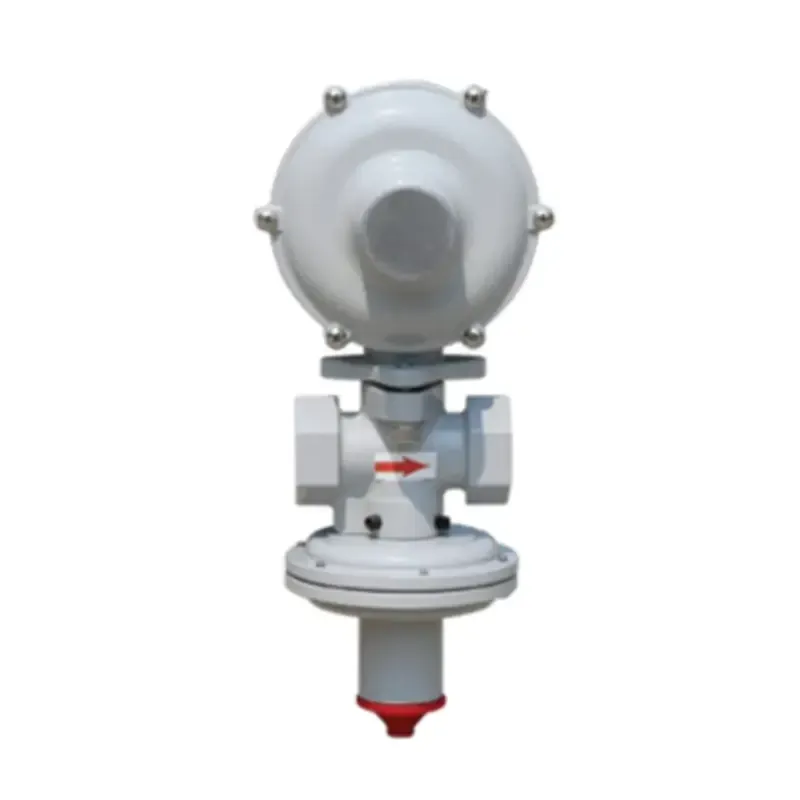
Nov . 30, 2024 05:38
Back to list
Measuring Gas Concentrations with Accurate Techniques for Environmental Monitoring
The Importance of Gas Measurement in Various Industries
Gas measurement is a critical aspect of various industries, including energy, manufacturing, environmental monitoring, and healthcare. Precise measurement of gases is essential for safety, regulatory compliance, and operational efficiency. In this article, we will explore the significance of gas measurement, common techniques used, and its applications across different sectors.
The Significance of Gas Measurement
Effective gas measurement plays a vital role in ensuring safety and compliance with environmental regulations. Industries that handle flammable or toxic gases must monitor concentrations to protect workers, prevent accidents, and minimize environmental impact. For instance, in oil and gas extraction, measuring natural gas emissions helps mitigate the risk of explosions and reduces greenhouse gas emissions.
Additionally, accurate gas measurement contributes to operational efficiency. In manufacturing processes, optimizing gas usage can lead to cost savings and increased productivity. For example, in chemical production, precise measurement of gas reactants is essential for maintaining the desired reaction rates and product quality.
Common Techniques for Gas Measurement
Various techniques are employed for gas measurement, each suited to different applications. Some of the most common methods include
1. Gas Chromatography (GC) This laboratory method separates and analyzes compounds in a gas mixture. It is widely used for measuring the concentration of specific gases in environmental monitoring, petrochemicals, and food safety.
.
3. Electrochemical Sensors These sensors measure gas concentrations through electrochemical reactions. They are often used for detecting toxic gases such as carbon monoxide and hydrogen sulfide in industrial settings.
قياس الغاز

4. Mass Spectrometry This advanced technique identifies and quantifies gas samples based on their mass-to-charge ratio. It is employed in research and high-precision applications, such as studying atmospheric gases.
Applications Across Different Industries
Gas measurement finds applications in numerous sectors
- Energy Sector In power plants, gas measurement ensures optimal combustion and minimizes emissions. Companies use precise gas measurement to monitor flue gases, ensuring compliance with environmental regulations and improving efficiency.
- Environmental Monitoring Monitoring air quality is critical for public health. Gas measurement helps track pollutants and greenhouse gases, guiding policy decisions and environmental protection initiatives.
- Manufacturing In various manufacturing processes, gas measurement ensures that the correct quantities of gases are used, improving product quality and reducing waste. Industries like pharmaceuticals rely on precise gas measurements for critical processes.
- Healthcare In the medical field, measuring gases is essential for administering life-support systems. Devices used in anesthesia and respiratory treatments rely on accurate gas measurement to ensure patient safety.
Conclusion
Gas measurement is an indispensable component across multiple industries, ensuring safety, compliance, and efficiency. With advancements in technology, methods for measuring gases continue to evolve, providing more accurate and reliable results. As industries become increasingly aware of the importance of monitoring gases, the demand for effective gas measurement solutions will undoubtedly continue to grow, leading to safer and more efficient operations worldwide. Understanding and implementing robust gas measurement techniques will be crucial in addressing the challenges of industrial processes and environmental protection in the future.
Next:
Latest news
-
Safety Valve Spring-Loaded Design Overpressure ProtectionNewsJul.25,2025
-
Precision Voltage Regulator AC5 Accuracy Grade PerformanceNewsJul.25,2025
-
Natural Gas Pressure Regulating Skid Industrial Pipeline ApplicationsNewsJul.25,2025
-
Natural Gas Filter Stainless Steel Mesh Element DesignNewsJul.25,2025
-
Gas Pressure Regulator Valve Direct-Acting Spring-Loaded DesignNewsJul.25,2025
-
Decompression Equipment Multi-Stage Heat Exchange System DesignNewsJul.25,2025

